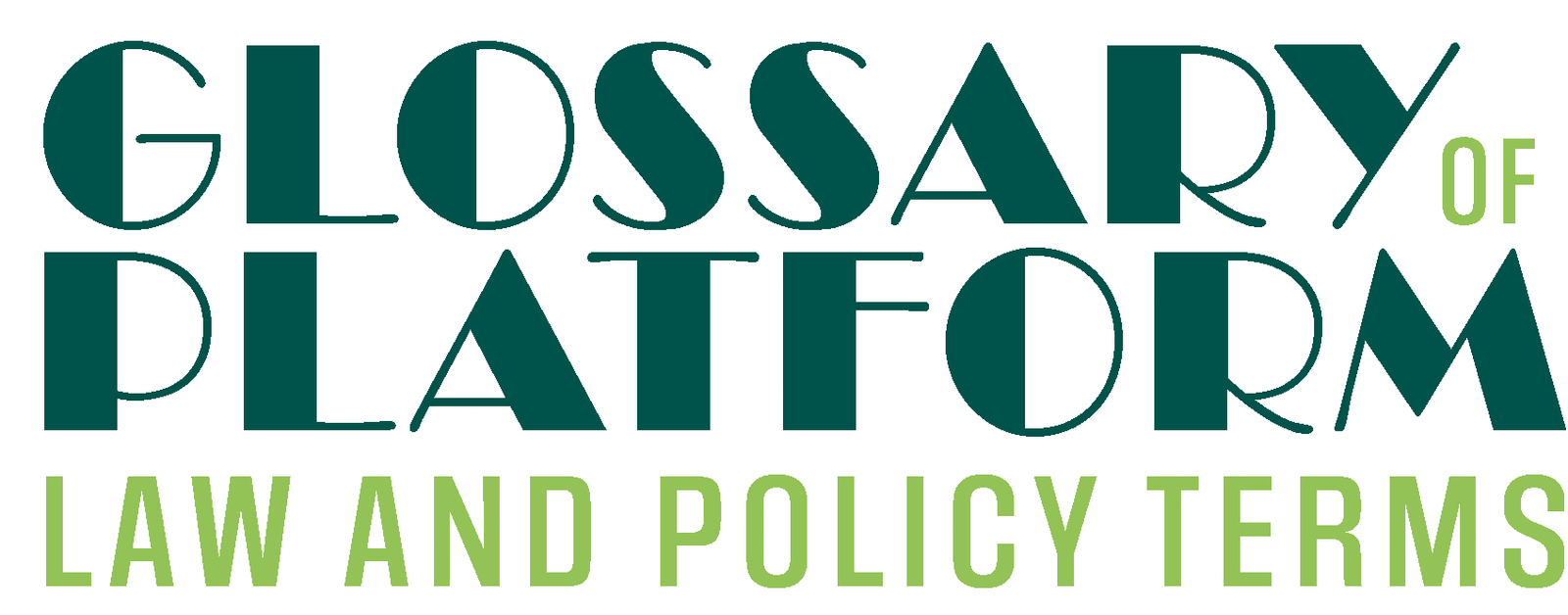Nicolo Zingales (16/12/2021). Accountability. In Belli, L.; Zingales, N. & Curzi, Y. (Eds.), Glossary of Platform Law and Policy Terms (online). FGV Direito Rio. https://platformglossary.info/accountability/.
Author: Nicolo Zingales
Accountability refers, in the simplest conception of the term, to the condition of subjecting oneself to external oversight and control. This is a general concept that has widely different implications depending on the context in which it is used (e.g., governmental organizations, private companies, and even computer algorithms). However, as it can be evinced from this general definition, it typically includes a transparency component, and a component of submission to an external control (OECD, 2014)1, both of which can be manifested in different forms depending on the content and the target of accountability. For instance, the control component of accountability of an institution can be exercised through budgetary control and judicial review. Thus, it is crucial to understand when talking about accountability who is accountable for what, and to whom.
Traditionally, accountability has been structured as a bidimensional principle. In well-functioning institutions, the executive is subjected to both vertical and horizontal accountability (O’Donnell, 1998)2. The former is imposed upon organizations by individuals through their collective monitoring and actions, while the latter is imposed by public bodies that are specifically tasked to control and – when necessary – restrain the undue actions of a given institution. Transparency and freedom to access information are essential for both dimensions. Horizontal accountability is maximized when individuals can act via civic organizations (‘civil society’) or media. Vertical accountability is maximized when public entities created to check potential abuses and inefficiencies are well resourced and can act independently.
The primary consequence of accountability is responsiveness, meaning that the entity in question effectively responds to the demands of transparency and external control. This typically presupposes the existence of tools and procedures that allow the exercise of control and oversight. The form of accountability can be prescribed with some level of specificity by law, as is the case for instance in the case of data protection law. The EU General Data Protection Regulation (GDPR) and the Brazilian General Data Protection Law, for instance, explicitly contain a principle of accountability. Such principle requires that organizations put in place appropriate technical and organizational measures to be able to demonstrate compliance, such as adequate documentation on what personal data are processed, how, to what purpose, how long; documented processes and procedures aiming at tackling data protection issues at an early state when building information systems or responding to a data breach; and the appointment of a Data Protection Officer.
As far as platforms are concerned, the issue of accountability has acquired a particular connotation in the context of injunctions. This is because, under virtually every regime of intermediary liability, injunctions can be imposed against intermediaries regardless of the existence of a primary or even secondary duty to undertake a certain action (Husovec, 2017)3. For instance, in Europe, such injunctions are permitted by articles 12(3), 13(3), and 14(3) of the E-Commerce Directive, based on the rationale that every intermediary, that gets entangled with harm, can be required to provide assistance. In Germany, this rationale led to the doctrine of Störerhaftung, i.e., ‘disturber’ or ‘interferer’ liability, allowing injunctions against persons who causally contribute to an infringement in violation of a reasonable duty to review. Despite terminological differences, the essence remains the same: although there may be no liability for the damages caused by the infringing activity, failure to execute the injunctions will lead to a different kind of liability, potentially of criminal nature, for contempt of court.
References
- Organization for Economic Co-operation and Development – OECD. (2014). Accountability and Democratic Governance. Orientations and Principles for Development. Available at: https://www.oecd-ilibrary.org/development/accountability-and-democratic-governance_9789264183636-en.
- O’Donnell, G. A. (1998). Horizontal accountability in new democracies. Journal of democracy, 9(3), 112-126.
- Husovec, M. (2017). Injunctions against intermediaries in the European Union: accountable but not liable? (Vol. 41). Cambridge University Press.
